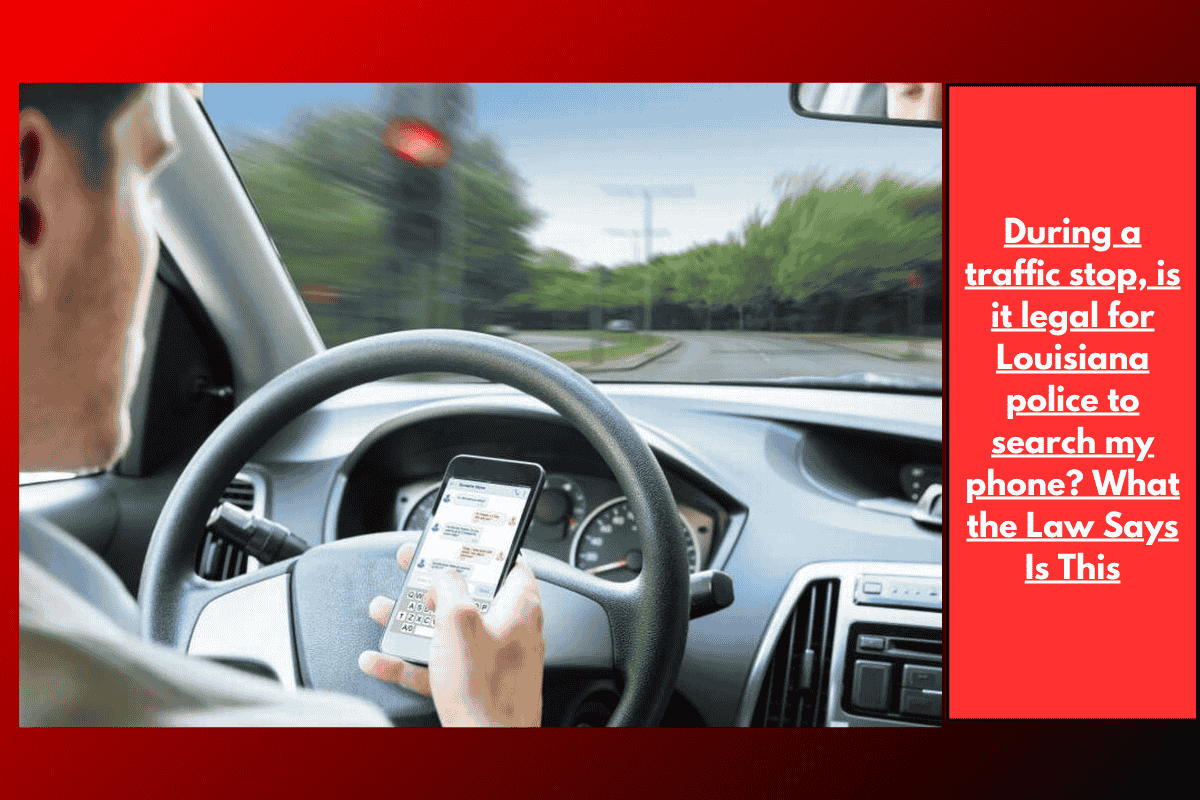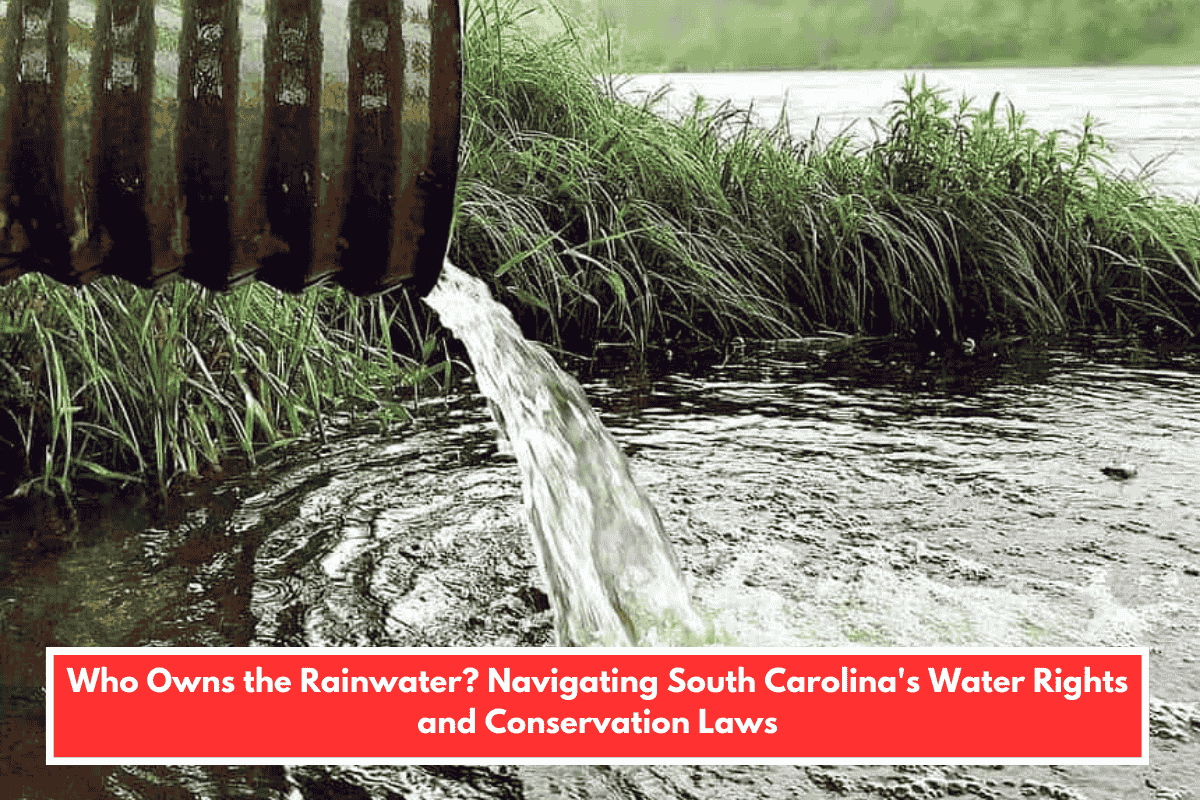The question of whether Louisiana police can search your phone during a traffic stop is a common concern, especially as smartphones contain sensitive personal information. The Fourth Amendment of the U.S. Constitution protects against unreasonable searches and seizures, but this right isn’t absolute. When it comes to your phone, the law can be complex. Here’s what you need to know about whether Louisiana police can search your phone during a traffic stop.
The Fourth Amendment and Your Rights
The Fourth Amendment guarantees that you have the right to be free from unreasonable searches and seizures by the government, which includes the police. Generally, this means that police officers need a warrant or probable cause to search your belongings, including your phone. However, the law has developed exceptions, especially when it comes to interactions like traffic stops.
Can Police Search Your Phone Without a Warrant?
In most cases, no, Louisiana police cannot search your phone during a traffic stop without your consent or a warrant. The U.S. Supreme Court has ruled in the landmark Riley v. California (2014) decision that police need a warrant to search the contents of your phone, even if you are arrested. The Court emphasized that phones contain a vast amount of personal information, and searching them without a warrant is a serious invasion of privacy.
That being said, there are specific circumstances where police may have the legal right to search your phone:
Consent
If you voluntarily consent to the search of your phone, then the police can search it. However, you have the right to refuse the search, and it’s important to know that consent cannot be coerced. If police ask to search your phone, you can politely decline. If you do consent, it may limit your ability to contest the search later.
What You Can Do: If you don’t want the police to search your phone, you can say something like, “I do not consent to a search of my phone.”
Probable Cause or Exigent Circumstances
In certain situations, police may be able to search your phone without a warrant if they have probable cause or exigent circumstances (emergency situations). This usually happens in cases where the officer believes that the phone contains evidence that is crucial to an ongoing investigation, and waiting for a warrant could result in the destruction of that evidence.
For example, if the officer believes that your phone contains evidence of a crime (such as text messages related to illegal activity) and the evidence might be lost if not seized immediately, they might argue that exigent circumstances justify the search.
Search Incident to Arrest
If you are arrested during a traffic stop, the police may search your phone if it is part of the arrest process. However, even in this case, the Riley v. California decision mandates that officers need a warrant to search the contents of your phone, unless there’s an emergency or if the phone is directly tied to the reason for the arrest (like evidence related to the crime you’re being arrested for). The search cannot be a general exploration of the phone’s contents—it must be related to the reason for the arrest.
When Can the Police Search a Phone Without a Warrant?
Although Riley v. California established the general rule that a warrant is needed to search a phone, there are still exceptions. For instance, in some situations, a search incident to arrest may be valid if the phone is believed to be connected to the crime, or if exigent circumstances apply (such as an immediate threat to safety or evidence being destroyed). However, the police cannot conduct a general search of the phone simply because you were arrested.
Consequences of an Illegal Search
If the police search your phone without your consent, probable cause, or a warrant, and there are no exigent circumstances, the search could be considered illegal. This means that any evidence obtained from the phone during an unlawful search may be inadmissible in court. The exclusionary rule protects individuals against illegally obtained evidence being used against them in legal proceedings.
What You Can Do: If you believe that the police have unlawfully searched your phone, you should consult with a lawyer who can help challenge the search and any evidence obtained.
In Louisiana, police cannot legally search your phone during a traffic stop without a warrant, your consent, or probable cause. While Riley v. California clarified that police need a warrant to search your phone, there are exceptions, such as if you consent or if exigent circumstances apply. If you’re arrested, police may search your phone as part of the arrest process, but they generally still need a warrant for a comprehensive search unless there’s a direct connection to the crime you’re being arrested for. Always know that you have the right to refuse consent for a phone search, and be aware of your rights during any encounter with law enforcement.
SOURCES
[1] https://kpel965.com/can-louisiana-police-search-your-phone-during-a-traffic-stop/
[2] https://www.legis.la.gov/legis/Law.aspx?d=112364
[3] https://www.laaclu.org/en/know-your-rights/interacting-police
[4] https://ossiebrown.com/blog/rights-police-dont-want-you-to-know/
[5] https://www.ericgjohnsonlaw.com/what-rights-do-i-have-during-a-police-search/














